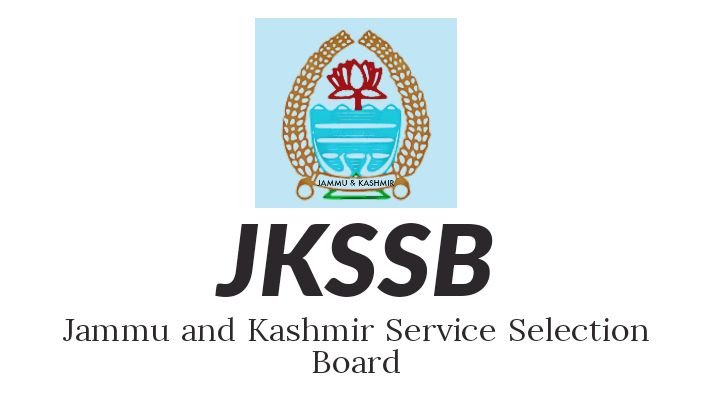The Speaker of Canada’s House of Commons, Anthony Rota, resigned on Tuesday following a controversy surrounding his decision to invite a 98-year-old Nazi veteran, Yaroslav Hunka, to Parliament during a speech by Ukrainian President Volodymyr Zelenskyy. Rota introduced Hunka as a war hero who had fought for the First Ukrainian Division, unaware that the division was also known as the Waffen-SS Galicia Division, associated with the Nazis.
The incident occurred just after President Zelenskyy’s address in the House of Commons on Friday when Canadian lawmakers gave Hunka a standing ovation at Speaker Rota’s prompting. Rota’s public recognition of Hunka caused widespread outrage and condemnation.
In his resignation statement, Rota expressed profound regret for his error in recognizing Hunka and acknowledged the pain it had caused to individuals and communities, particularly the Jewish community in Canada and around the world, as well as Nazi survivors in Poland and other nations.
Rota decided to step down after meeting with the House of Commons’ party leaders. All major opposition parties had called for his resignation, with House government leader Karina Gould stating that lawmakers had lost confidence in Rota.
Gould criticized Rota for inviting and recognizing Hunka without informing the government or the Ukrainian delegation, emphasizing that this had broken trust with lawmakers. Members of Parliament from all parties had applauded Hunka on Friday, unaware of his connection to the Nazis.
Canadian Health Minister Mark Holland described the incident as “incredibly embarrassing.” The Friends of Simon Wiesenthal Center for Holocaust Studies issued a statement stating that it had left a stain on Canada’s legislature and had profound implications both in Canada and globally.
The controversy also had international implications, with Russia seizing the opportunity to criticize Canada. A Kremlin spokesman called the standing ovation given to Hunka “outrageous.” Russian President Vladimir Putin has previously portrayed his enemies in Ukraine as “neo-Nazis,” despite President Zelenskyy being Jewish and having lost relatives in the Holocaust.
Experts noted that the incident had damaged Canada’s diplomatic reputation, with some placing blame on Prime Minister Justin Trudeau. While Trudeau’s office was unaware of Hunka’s invitation until after the address, the Speaker’s role in Canada is as an officer of Parliament who does not participate in partisan caucus meetings and is not a member of the Cabinet.
Political scientist Daniel Béland of McGill University in Montreal remarked, “Canada’s reputation is broken. This is by far the biggest hit Canada’s diplomatic reputation has ever taken in history, and it happened under Justin Trudeau’s watch.” Opposition Conservative leader Pierre Poilievre also called for vetting all attendees in the House of Commons during Zelenskyy’s speech.
Historian and University of Toronto professor Robert Bothwell criticized Rota for waiting so long to step down and suggested that an apology from Trudeau would be justified, not on a personal level, but as a responsibility for an event that embarrassed the country.
In response to the controversy, Speaker Rota’s office clarified that its vetting process for gallery visitors primarily focuses on physical security threats rather than reputational threats.
News Summary:
- Canadian House of Commons Speaker Anthony Rota resigns over honoring Nazi veteran during Ukrainian President‘s speech.
- Rota introduced Yaroslav Hunka as a war hero without realizing his affiliation with the Nazi Waffen-SS Galicia Division.
- Controversy leads to outrage, loss of confidence in Rota by lawmakers, and criticism from experts.
- International implications as Russia seizes the opportunity to criticize Canada.
- Some place blame on Prime Minister Justin Trudeau for the incident.
- Rota’s office clarifies its visitor vetting process.










